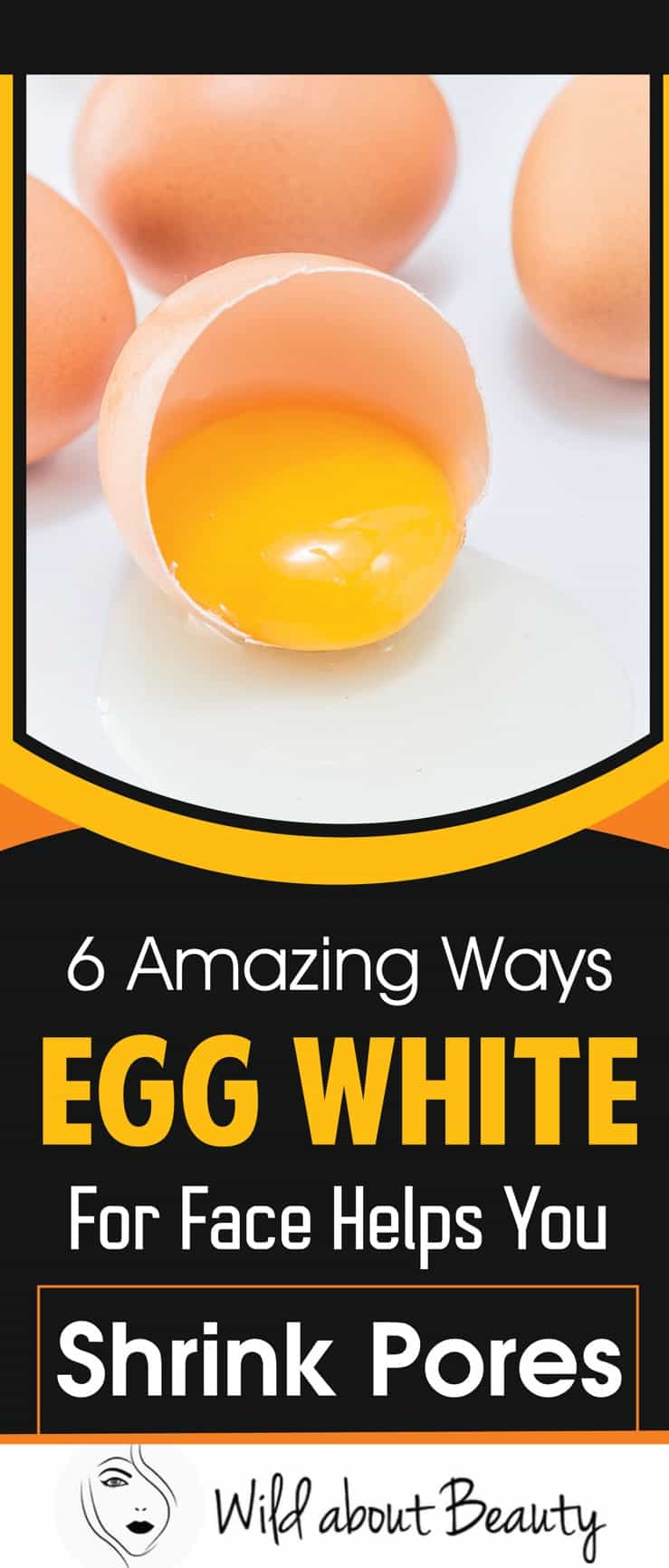-
Egg whites have long been a popular ingredient in homemade facial masks, helping to tackle acne and various other skin issues. Affordable and effective, egg whites offer a plethora of skin-friendly vitamins and minerals that contribute to a more youthful and healthy complexion.
However, it’s essential to note that the most effective facial masks often contain a combination of ingredients alongside egg whites. In this article, we will discuss the numerous ways egg whites benefit our skin and how to incorporate them into various homemade treatments for optimal results.
Chapter Overview
How Egg Whites Help
Egg whites are known to be beneficial for skin care, thanks to their rich protein content that can tighten the skin. Here’s a summary of how egg whites help with various skin problems:
- Tightening and shrinking large pores: Their astringent properties enable egg whites to constrict pores, making them appear smaller.
- Lifting sagging skin: Egg whites work effectively on areas with crinkly skin and sagging cheeks, providing a temporary lift.
- Reducing oily skin: Their astringent qualities help balance oil production, making them suitable for those with oily skin.
- Eliminating blackheads: They help draw out excess sebum and remove impurities clogging pores.
- Nourishing the skin: Egg whites are rich in essential vitamins and minerals that deeply nourish the skin, promoting a healthy appearance.
- Tightening the skin through proteins: The presence of albumin, a crucial protein, aids in maintaining skin elasticity.
Incorporating egg whites into your skincare routine can significantly improve your complexion, giving it a youthful, rejuvenated look.
How To Use Egg White For Face Treatment?

Lemon and Egg Whites For Oily Skin
This mask is perfect for oily skin as it works as a natural bleaching agent, thanks to the lemon. Lemon is also rich in vitamin C, which helps prevent oxidative stress damage to your skin.
- Mix one egg white and ½ a lemon. Whisk thoroughly until you get a smooth texture
- Apply a thin layer of the mask on your face. Let it dry on its own for 10 minutes
- Rinse with water, and pat your face dry. Apply the mask 2 or 3 times per week
Cornstarch and Egg Whites for Normal Skin
This combination works as a skin cleanser. Cornstarch helps with skin irritation, including skin allergies.
- Mix 1 egg white and 2 teaspoons of corn starch
- Whisk the ingredients properly, and then apply on your clean face
- Leave the mask for 15 minutes, and then rinse with cold water. Pat dry with a clean towel and apply moisturizer afterward
Coconut Oil for Dry Skin
Coconut oil is used in many natural beauty products, as it locks in moisture and provides natural antifungal and antibacterial properties to your skin.
- Crack one egg, and separate the white in a bowl
- Add 1 teaspoon of lemon juice and 1 teaspoon of coconut oil. Whisk thoroughly
- Apply the mask on your face and leave it to work its magic for 15 minutes
- Rinse with normal water, and pat your face dry. Repeat 2 times per week for hydrated and toned skin
Simple Egg White Treatment for Oily Skin
Egg whites, with their pore-minimizing and skin tightening properties, are great for people with oily skin.
- Wash your face gently with warm water, and then pat it dry
- Whisk an egg white, and then coat your face with a thin layer
- Let the mask dry up, and once it is dry, rinse with cold water
Yogurt and Egg Whites
This facial mask nourishes your skin with antioxidants, preventing free radicals from causing damage.
- Mix one tablespoon of yogurt and an egg white
- Apply on your skin, and wait for the mask to dry for 10 minutes
- Rinse with lukewarm water. Repeat once per week
Honey and Egg White
Honey helps draw moisture into the skin, keeping it hydrated, while also being antibacterial and packed with antioxidants.
- Mix 1 egg white, 1 tablespoon of honey, 1 teaspoon of glycerin, and some rice flour
- Apply the mask on your face, and let it dry for 15 minutes
- Rinse with lukewarm water, and pat yourself dry
Potential Allergens in Eggs?
When considering an egg mask for the acne-prone skin, we must take into account the potential allergens related to eggs. Usually, egg allergies are caused by lysozyme, a prominent component in egg whites. Those with egg allergies may experience redness on their skin after consuming eggs. However, if you have not encountered any allergic reactions to eggs before, using an egg white face mask should be safe.
There are some risks when using raw eggs due to potential Salmonella contamination. Therefore, consider opting for pasteurized eggs to ensure safety.
Instead of whipping up a homemade mask with raw eggs, one might be tempted to purchase a commercially prepared egg mask. However, these products may contain additional chemicals and ingredients which pose potential dangers.
To examine if you have an egg allergy, we suggest conducting a patch test. Apply a small amount of the egg mask to a discreet area of skin and check for any signs of irritation or allergic reactions.
Keep in mind that an egg mask is just one part of a comprehensive acne treatment, and you should incorporate additional measures to maintain clear skin.
Here are some potential risks and side effects related to egg masks:
- Allergic reactions
- Skin irritation
- Salmonella infection (for raw eggs)

